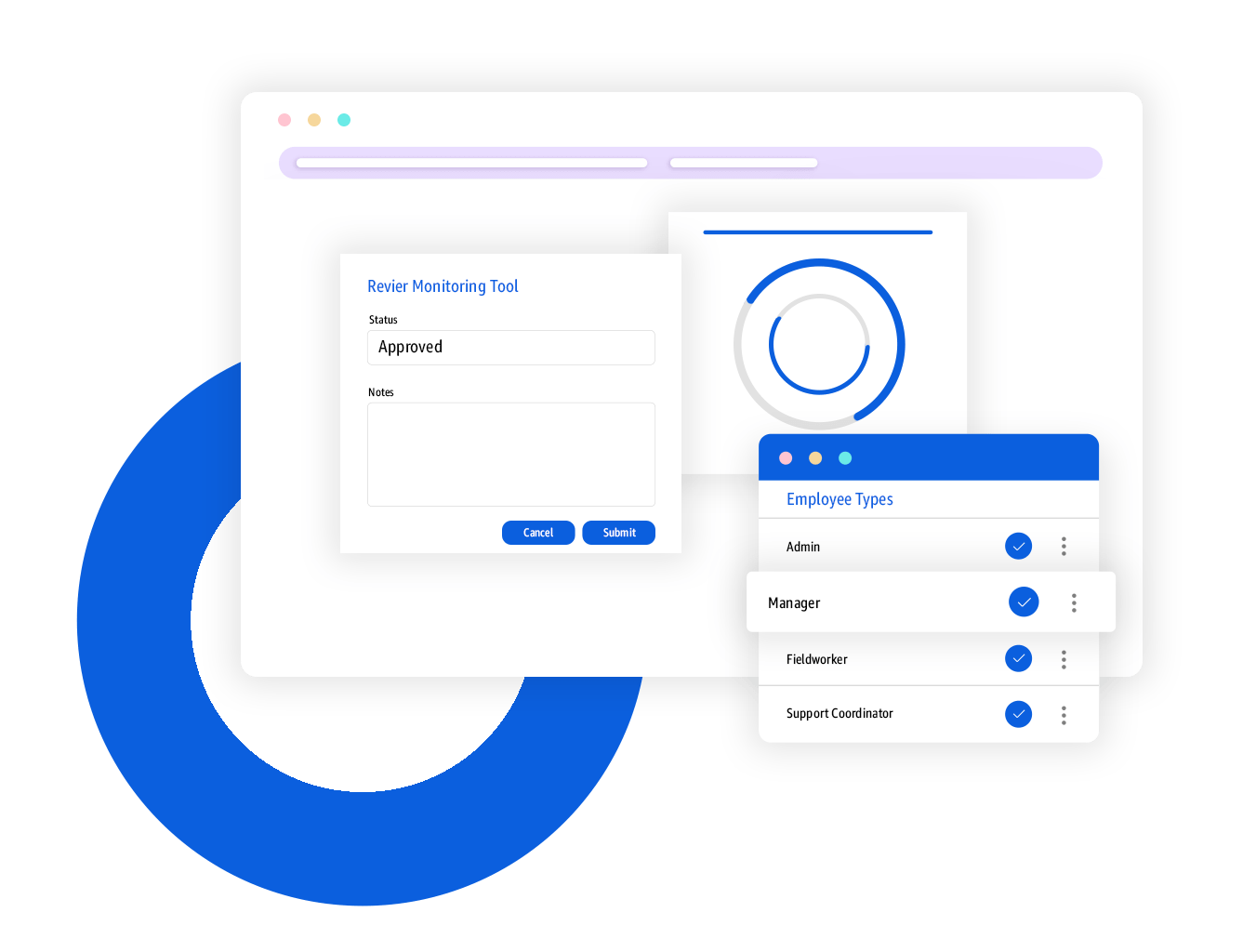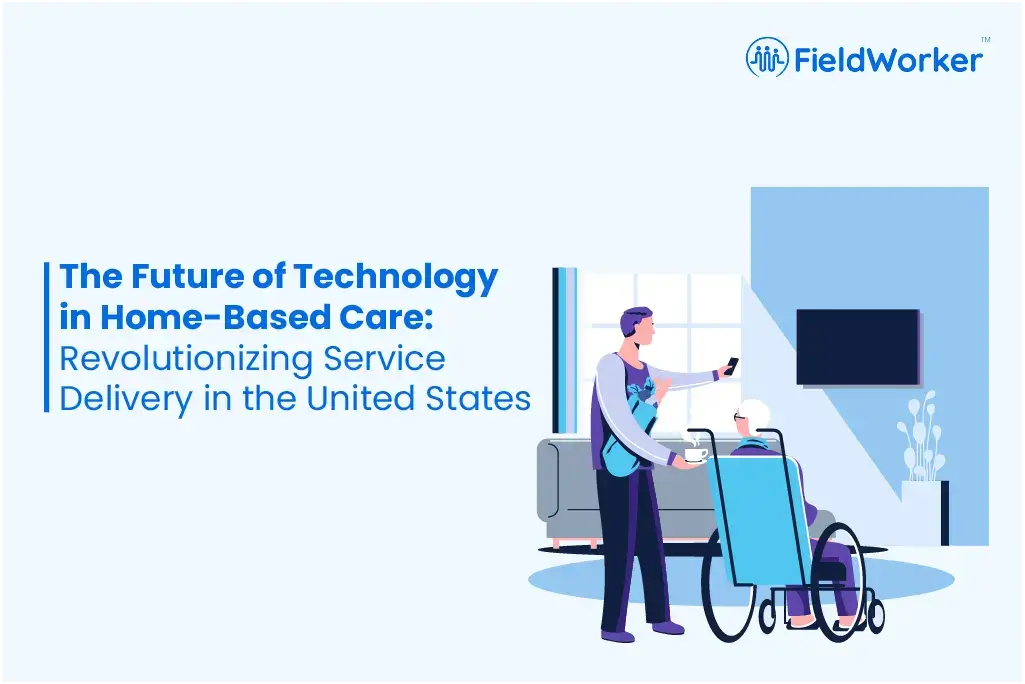The landscape of home-based care in the United States is undergoing a transformation, driven by rapid advancements in technology. As we navigate through this digital era, it becomes crucial to understand how technology is shaping the future of home-based care and addressing the challenges faced by support coordinators, non-clinical service providers, and decision-makers in home healthcare agencies.
The Evolving Challenges
Home healthcare agencies are grappling with various challenges, including managing an increasingly complex patient population, maintaining compliance with evolving regulations, and ensuring efficient resource allocation. For support coordinators and non-clinical service providers, the focus is on optimizing care delivery while navigating logistical hurdles and documentation requirements.
Technology as a Solution
Emerging technologies offer promising solutions to these challenges. The integration of telehealth platforms, for instance, facilitates remote patient monitoring, enabling real-time assessment and intervention. This not only enhances patient care but also reduces the burden on caregivers by minimizing unnecessary visits.
Additionally, mobile health applications and wearables are empowering patients to actively participate in their own care. These tools provide valuable data to healthcare providers, enabling more personalized and effective care strategies.
Empowering Support Coordinators and Agencies
For support coordinators and agencies, technology offers tools for efficient scheduling, billing, and documentation. Advanced software solutions are simplifying administrative tasks, freeing up time for patient-focused activities. Moreover, data analytics tools are helping agencies identify trends, optimize resource allocation, and enhance care quality.
Overcoming Barriers to Technology Adoption
Despite the potential benefits, the adoption of technology in home-based care faces barriers such as cost, training requirements, and resistance to change. It’s vital for agencies to adopt a strategic approach to technology implementation, considering factors such as user-friendliness, scalability, and integration capabilities.
FieldWorker: A Game-Changer in Home-Based Care
In this evolving landscape, FieldWorker is emerging as a key player, empowering support coordinators, non-clinical service providers, and home healthcare agency decision-makers. FieldWorker’s platform streamlines operations, from scheduling and documentation to billing and compliance management. By offering a comprehensive solution tailored to the unique needs of home-based care, FieldWorker is not just addressing current challenges but is also paving the way for a more efficient and effective future in healthcare delivery.
Conclusion
The future of home-based care in the United States is intricately linked to the evolution of technology. As we embrace these advancements, it is crucial to focus on solutions that are not only innovative but also practical and accessible. FieldWorker is at the forefront of this transformation, offering tools and resources that are reshaping the landscape of home-based care, ensuring better outcomes for patients, and providing enhanced support for caregivers and agencies alike. In embracing such technologies, the promise of a more efficient, effective, and patient-centric home-based care system becomes a tangible reality.

